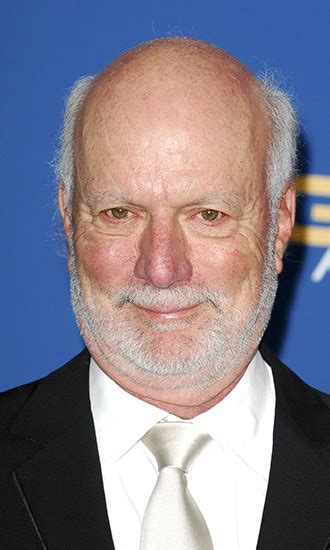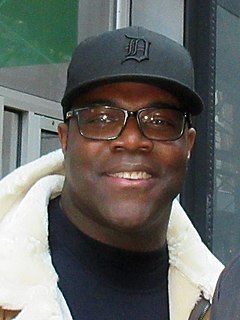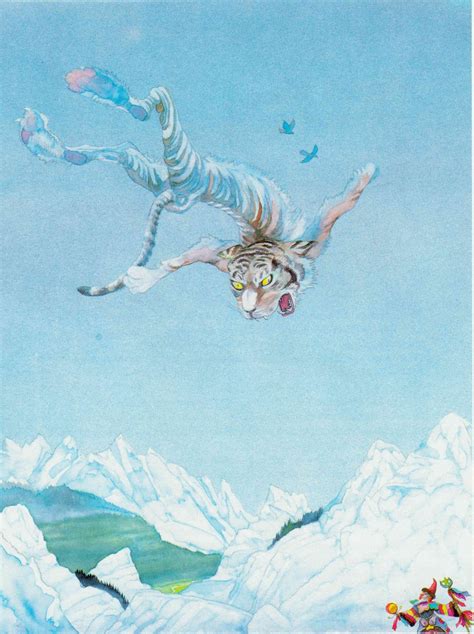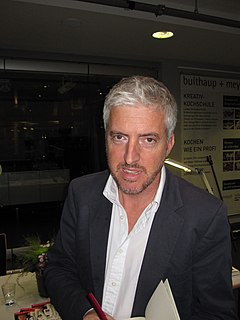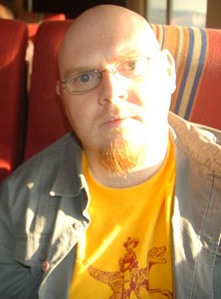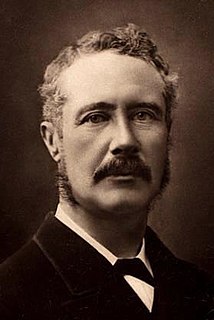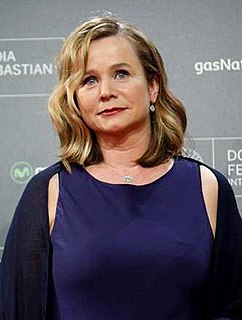A Quote by A. S. Byatt
When I was a child - in wartime, pre-television - books were my life.
Related Quotes
I was, without a sliver of a doubt, a no-good, lazy slacker of a child, and after I discovered literature, I was totally and utterly a no-good, lazy slacker of a child who read books. A lot of books, good and bad, but my favourite - the books I read and reread in my teens - were by Margaret Weis and Tracy Hickman.
...The lesson [comic books] taught children- or this child, at any rate- was perhaps the unintentionally radical truth that exceptionality was the greatest and most heroic of values; that those who were unlike the crowd were to be treasured the most lovingly; and that this exceptionality was a treasure so great that it had to be concealed, in ordinary life, beneath what the comic books called a 'secret identity'.
There were others, women with stories that were told in a quieter voice: women who hid Jewish children in their homes, putting themselves directly in harm's way to save others. Too many of them paid a terrible, unimaginable price for their heroism. And like so many women in wartime, they were largely forgotten after the war's end.There were no parades for them, very few medals, and almost no mention in the history books.
It's no accident that Julia Child appeared on public television - or educational television, as it used to be called. On a commercial network, a program that actually inspired viewers to get off the couch and spend an hour cooking a meal would be a commercial disaster, for it would mean they were turning off the television to do something else.


